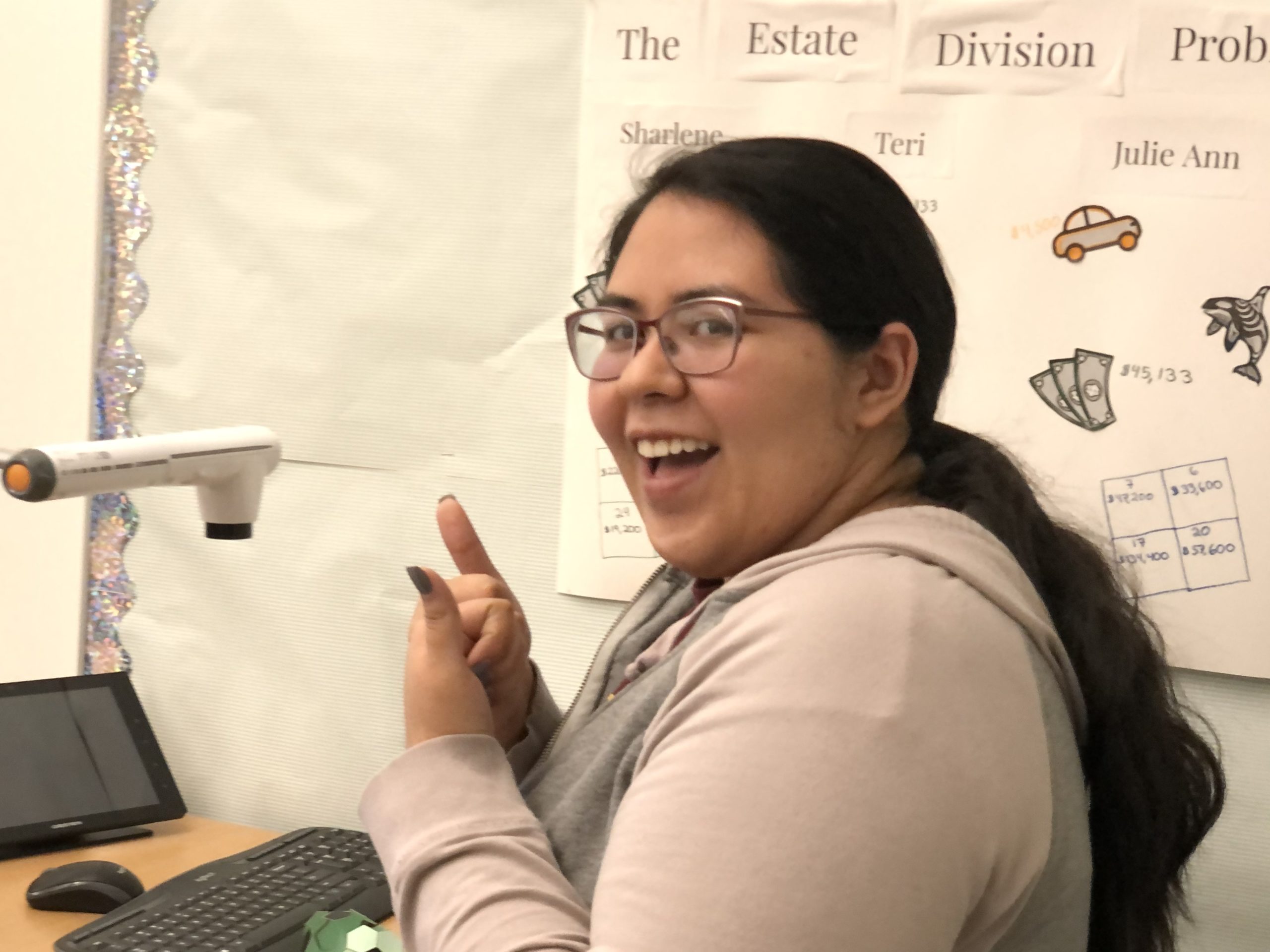The 2020-2021 academic year is going to be a professional experience individualized for each of us. For some, it will produce more productivity with the chance to focus without distractions, while for others there will be aspects of trauma that will follow into their careers for years to come. As we all have quickly made adjustments to our daily routines, one of the aspects that many faculty are thinking about now is how to do impactful and effective research with undergraduates through a virtual experience. To support these goals, UR SIGMAA and CUR’s Division of Mathematics, Computer Sciences, and Statistics came together shortly after the pandemic shutdown to survey faculty about best practices for remote research and developed a collection of responses and shared resources: Mentoring Undergraduate Research in Mathematics, in the Age of Physical Isolation
We start by acknowledging that whatever you do to support you and your students is the right thing. None of what we have done in the past is going to directly apply. All that said, here are a few ideas for those of you who are hoping to mentor UR virtually:
- Try to meet with your students at least once a week
- Make sure there is a meeting agenda/focus
- Students should have a collaborative online document for sharing their work with peers and mentors. I found a lot of success in using Overleaf as a \(\LaTeX\) editor and daily journal for my students.
- Allow time to chat casually about academic and personal challenges and victories
One survey response summarizes the human component of these goals well: “Have frequent discussions with the students to put the research in context, reminding everyone what was previously known and what is not known. When a new conjecture or proof is made, emphasize how no one knows this except us! It’s new knowledge! Students need to hear this. It energizes them! And it helps us, the faculty, as well.”
Thank you to all who contributed to the survey. We welcome additional ideas that we could share. All the best to you in your UR work!

Brandy Wiegers is the Associate Professor of Mathematics and Director of Undergraduate Research at Central Washington University (CWU) in Ellensburg, Washington. Dr. Wiegers has worked with undergraduates on several different research areas: mathematical biology/population dynamics, epidemiological modeling, fluid flow computational models, and evaluative research on the impact of mathematical outreach. Students in these projects prepared papers and presentations on their research that were used for NSF GRFP applications, graduate school applications, and research conferences. In addition to research mentorship, Dr. Wiegers specializes in using undergraduate research experiences to guide further professional development opportunities, most especially supporting students from traditionally underrepresented groups.
Dr. Wiegers’s interest in undergraduate research goes back to her own experiences as an undergraduate, having participated in three different NSF-sponsored REUs that changed the course of her mathematical career including providing a love of exploring interdisciplinary applications of mathematics within the real world

